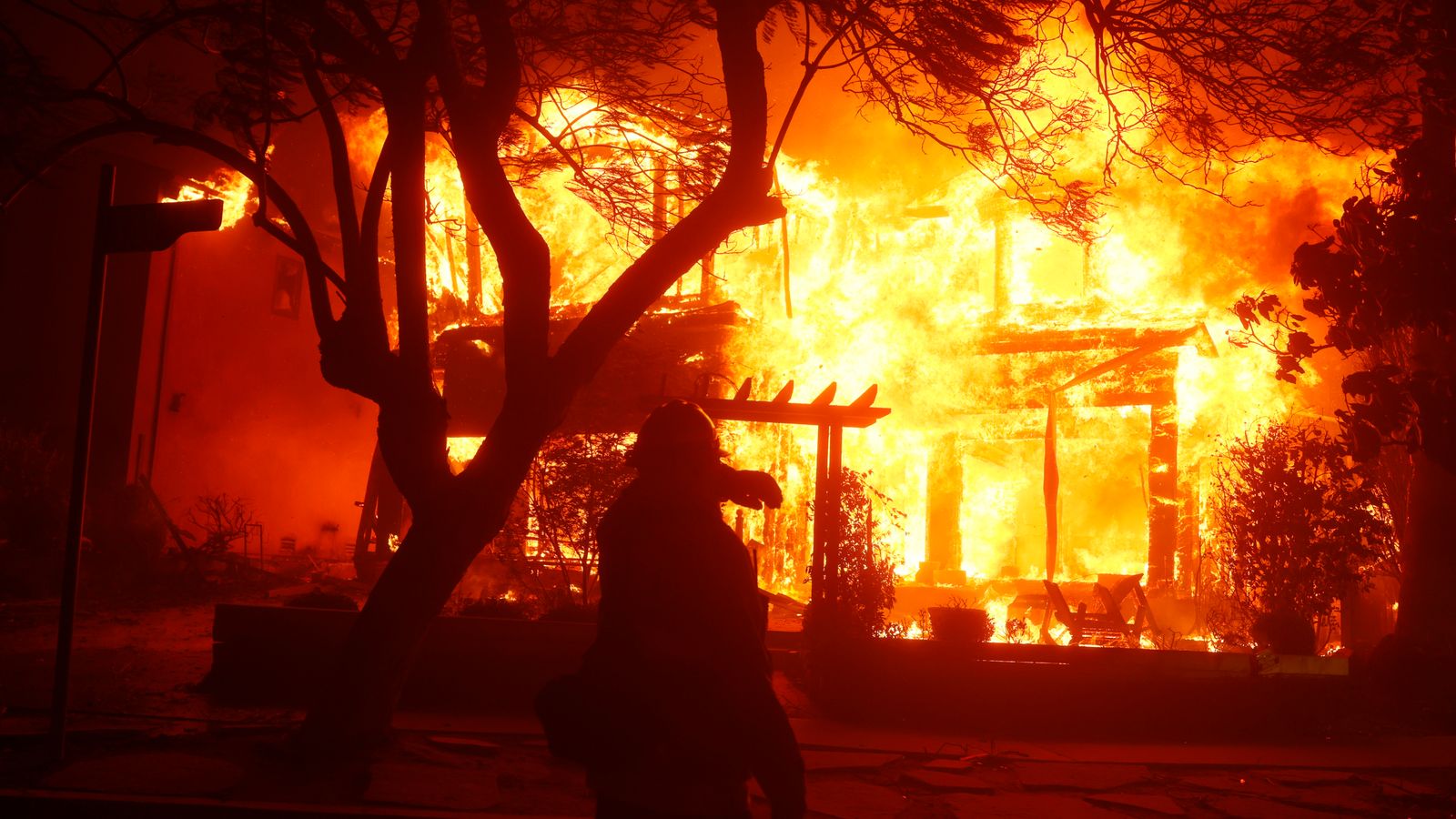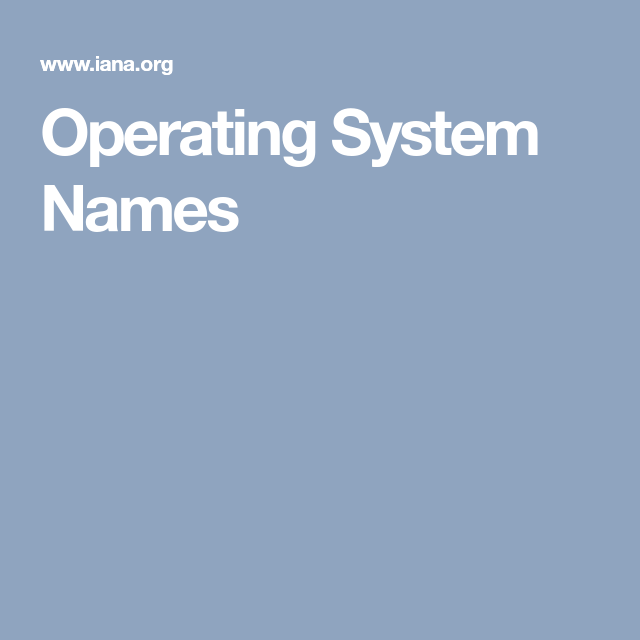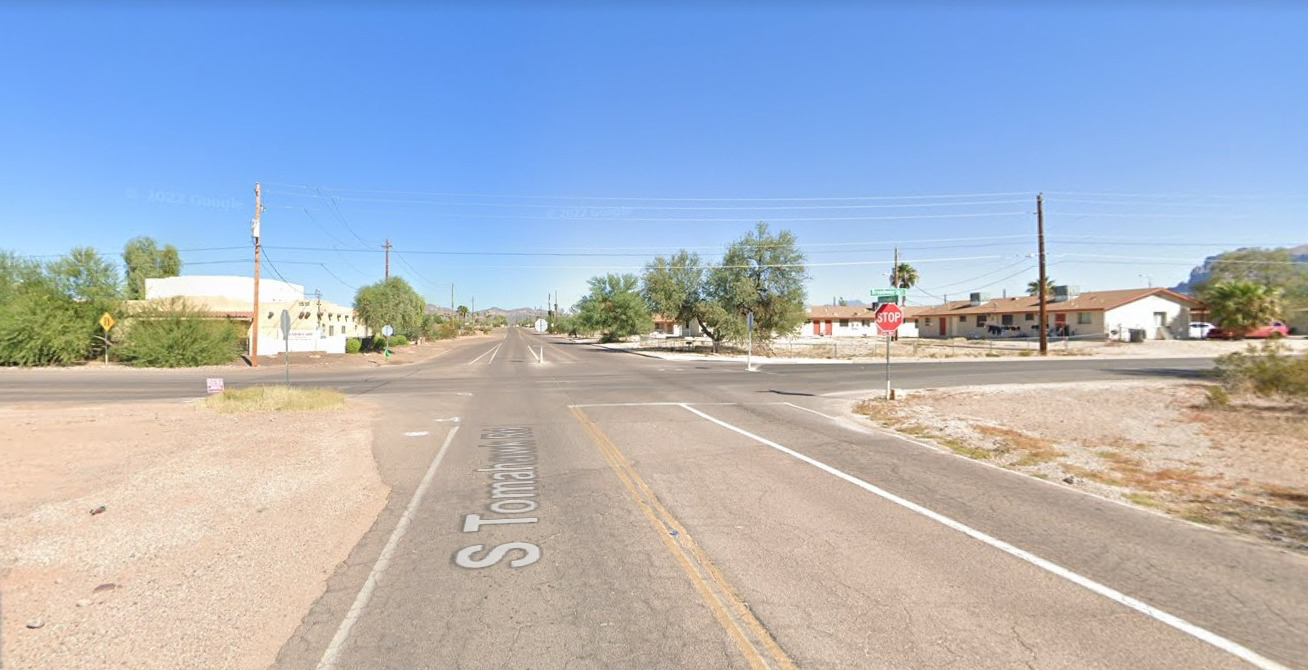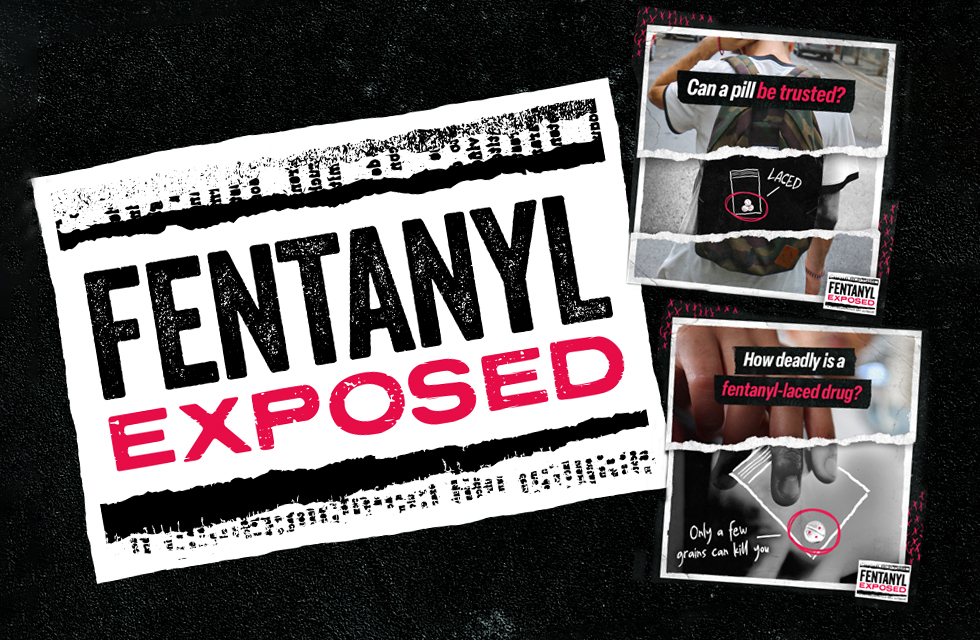Gambling On Catastrophe: The Case Of The Los Angeles Wildfires

Table of Contents
The Economic Gamble
The economic consequences of wildfires in Los Angeles are staggering. Ignoring the threat isn't just morally questionable; it's financially reckless.
Cost of Inaction
The cost of inaction far outweighs the investment in prevention. Wildfires inflict a heavy economic toll, impacting various sectors:
- Property Damage: The destruction of homes, businesses, and infrastructure leads to billions of dollars in losses. The 2018 Woolsey Fire alone caused over $2 billion in insured losses. [Source: Insurance Information Institute].
- Lost Tourism Revenue: Wildfires disrupt tourism, forcing closures of national parks, hiking trails, and other recreational areas, leading to significant revenue losses for local businesses.
- Business Interruption: Businesses forced to close due to wildfires suffer losses in revenue, productivity, and potential long-term damage to their reputation.
- Emergency Services Burden: The cost of deploying firefighters, emergency medical personnel, and other resources during and after a wildfire places a tremendous strain on public finances.
Comparing the cost of wildfire damage to the cost of preventative measures—such as controlled burns, forest thinning, and community wildfire protection plans—reveals a stark imbalance. Investing proactively in these measures is significantly cheaper than dealing with the aftermath of a devastating wildfire. The long-term economic consequences of repeated wildfire events, including decreased property values and hindered economic growth, further emphasize the need for preventative action.
The Environmental Gamble
Los Angeles' diverse ecosystems are incredibly vulnerable to wildfires. The environmental consequences are a gamble with potentially irreversible losses.
Ecosystem Destruction
Wildfires wreak havoc on the LA ecosystem:
- Habitat Loss: Wildfires destroy critical habitats for numerous plant and animal species, leading to population declines and even extinctions. The California condor, already endangered, is particularly vulnerable to wildfire impacts.
- Biodiversity Reduction: The loss of plant and animal life reduces biodiversity, weakening the resilience of the ecosystem and making it more susceptible to future disturbances.
- Soil Erosion: Burned areas are prone to soil erosion, leading to water pollution and further environmental degradation. This can have long-term consequences for water quality and the health of surrounding ecosystems.
- Air Quality: Wildfires release massive amounts of smoke and pollutants into the atmosphere, severely impacting air quality and posing health risks to residents. The long-term effects of wildfire smoke on respiratory health are well documented.
Climate change exacerbates this risk. Higher temperatures and prolonged droughts create ideal conditions for more frequent and intense wildfires, escalating the environmental gamble.
The Public Safety Gamble
The immediate danger posed by wildfires to human life and infrastructure is undeniable. This is a gamble with potentially tragic consequences.
Risk to Human Life and Infrastructure
Wildfires present significant threats:
- Loss of Life and Injuries: Wildfires cause fatalities and serious injuries, often among those attempting to evacuate or fight the flames. The Santa Ana winds, common in Southern California, can rapidly spread fires, making escape difficult.
- Displacement of Residents: Thousands of residents are often forced to evacuate their homes, facing displacement, loss of property, and emotional distress.
- Damage to Critical Infrastructure: Wildfires can damage power lines, roads, communication networks, and other critical infrastructure, disrupting essential services and hindering emergency response efforts.
Vulnerable populations, including the elderly, low-income communities, and individuals with disabilities, are disproportionately affected by wildfires, highlighting the ethical implications of inadequate preparation. Emergency responders face immense challenges during wildfires, often working under extreme conditions with limited resources.
The Political Gamble
The lack of sufficient funding and strategic planning represents a dangerous political gamble.
Policy Failures and Lack of Funding
Political decisions significantly influence wildfire prevention and response:
- Land-Use Planning and Zoning: Inappropriate land-use planning and zoning regulations can increase wildfire risk by allowing development in high-risk areas.
- Resource Allocation: Insufficient funding allocated to wildfire mitigation compared to other priorities reflects a failure to adequately address this critical threat.
- Effectiveness of Current Policies: The effectiveness of current wildfire management policies needs continuous evaluation and improvement, possibly through increased collaboration between governmental agencies and the private sector.
These factors compound the risk, turning a natural hazard into a preventable catastrophe.
Conclusion
Los Angeles' approach to wildfire risk is a dangerous gamble, with significant economic, environmental, and public safety implications. The costs of inaction far exceed the investment required for effective wildfire prevention. We must stop gambling with catastrophe. Invest in wildfire prevention through increased funding for forest management, community wildfire protection plans, and proactive land-use planning. Demand responsible wildfire management from our political leaders. Only through decisive action can we create a more secure future and mitigate the devastating consequences of wildfires in Los Angeles. The time to act is now; the future of our communities depends on it.

Featured Posts
-
 Top Seed Pegula Claims Charleston Championship After Collins Match
May 30, 2025
Top Seed Pegula Claims Charleston Championship After Collins Match
May 30, 2025 -
 Kodiak Waters Two Consecutive Harmful Algal Blooms Warn Shellfish Harvesters
May 30, 2025
Kodiak Waters Two Consecutive Harmful Algal Blooms Warn Shellfish Harvesters
May 30, 2025 -
 French Open 2024 Sinner And Djokovics Path To Victory
May 30, 2025
French Open 2024 Sinner And Djokovics Path To Victory
May 30, 2025 -
 Harga Kawasaki Ninja 500 Dan 500 Se 2025 Lebih Dari Rp 100 Juta
May 30, 2025
Harga Kawasaki Ninja 500 Dan 500 Se 2025 Lebih Dari Rp 100 Juta
May 30, 2025 -
 Report Apple To Overhaul Operating System Names
May 30, 2025
Report Apple To Overhaul Operating System Names
May 30, 2025
Latest Posts
-
 The Fentanyl Report Remembering Prince On March 26th
May 31, 2025
The Fentanyl Report Remembering Prince On March 26th
May 31, 2025 -
 Best Summer Reads 30 Critic Approved Books
May 31, 2025
Best Summer Reads 30 Critic Approved Books
May 31, 2025 -
 March 26th New Details Emerge In Princes Fentanyl Overdose Case
May 31, 2025
March 26th New Details Emerge In Princes Fentanyl Overdose Case
May 31, 2025 -
 Local History Headlines From Kpc News
May 31, 2025
Local History Headlines From Kpc News
May 31, 2025 -
 Today In History March 26th Princes Fatal Fentanyl Level
May 31, 2025
Today In History March 26th Princes Fatal Fentanyl Level
May 31, 2025
